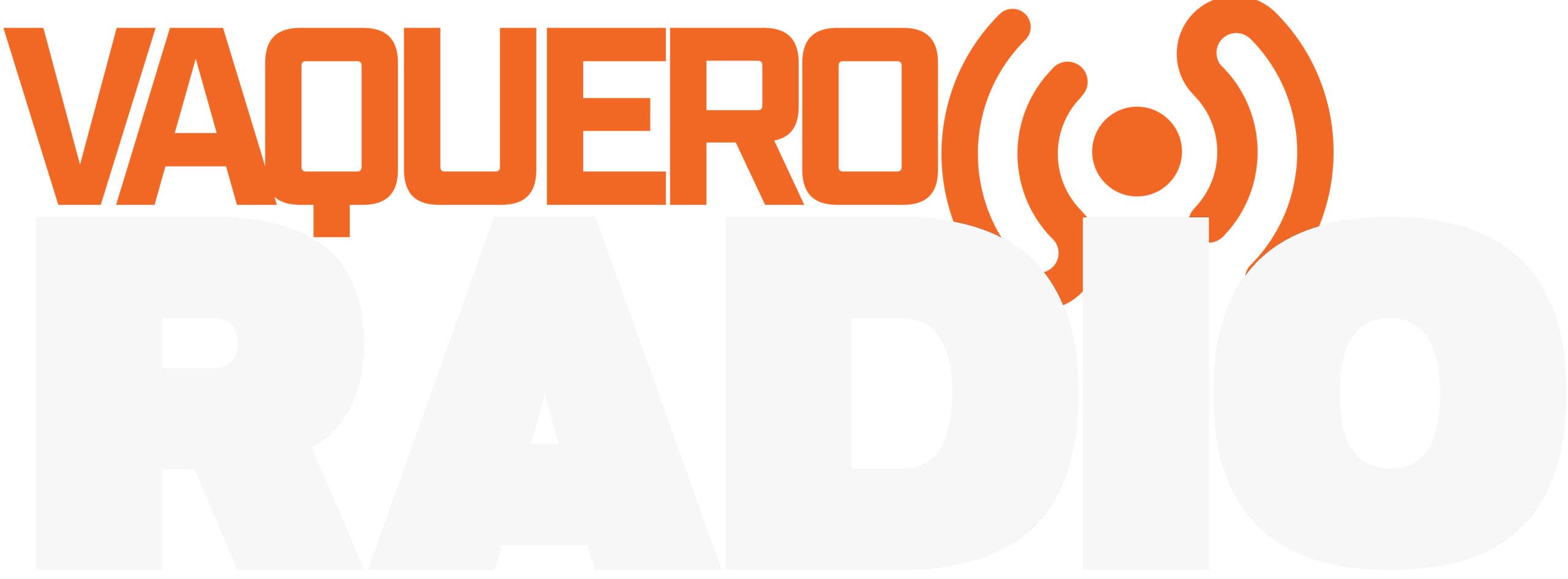
Human Trafficking Prevention Month is observed during the month of January to educate the public on how to prevent human trafficking by understanding the potential warning signs.
According to the U.S. Department of State, former President Barack Obama dedicated this month to raise awareness about human trafficking in 2010 and since then, every president has followed this tradition.
The U.S. Department of Justice defines human trafficking as “a crime that involves compelling or coercing a person to provide labor or services, or to engage in commercial sex acts.”
The U.S. Bureau of Justice Statistics reported a 26% increase in human-trafficking offenses from 2012 to 2022.
Criminal Justice Associate Professor and Assistant Director of Faculty Advocacy for the Office for Advocacy & Violence Prevention Lucas Espinoza said there are two main types of human trafficking: sexual and forced labor.
In the case of sex trafficking, Espinoza said it is when a trafficker uses another person to engage in commercial sex by coercion, fraud or force.
As for forced labor, he explained this is the exploitation of services of another person through coercion, fraud or force. Some elements may include withholding payment, confiscating legal documents and restricting communication from family or friends.
Although anyone could be a victim of human trafficking, there are certain populations that are more susceptible to fall into the dangerous situation.
Espinoza said some of the most vulnerable populations are young individuals who run away from home.
“So, what do they turn to?” he said. “They [become] a displaced individual that’s homeless, so they have to make some type of profit. So what do they do? They turn to the illicit side of criminality, which is in the case of whether they’re having to sell their body or even having to sell drugs.”
Because the Rio Grande Valley lies not far from the border to Mexico, Espinoza said people use this as an opportunity for human smuggling, which is the act of unlawfully transporting non-citizens into the United States for financial benefit.
“Your human smuggler ends up becoming your trafficker,” he said. “They actually incur a debt on you. That’s what we call debt-bondage, and they will actually take away your documents, if you have any type of legal documents, or in the case of your passport, or whatever else, and they keep incurring a daily debt upon you.”
Victims of human trafficking may experience the inability to speak for themselves or being controlled mentally or physically.
Espinoza said one of the biggest warning signs is scripted answers, in which responses are not specific and lack detail.
“Also, a big thing in the hospitals, showing up to the hospital with an unexplained injury, having some type of physical abuse,” he said. “Also, having poor hygiene or poor nutrition is another one. If a person doesn’t have possessions, they’re living in a hotel, being a person that’s a displaced individual or they’re transient, is another way of putting it. And then, this whole aspect of living in a situation that is not conducive for success. For example, you’re living in an overcrowded area or you don’t have a place to actually sleep, in the case of, the conditions are not suitable for living.”
The UTRGV Office for Advocacy & Violence Prevention (OAVP) offers free and confidential support for victims, survivors and bystanders of violence.
To connect with an advocate, call 665-8287 or email OAVP@utrgv.edu.
The office is located in Marialice Shary Shivers Building 3.160 in Edinburg and in North Office Building 106 in Brownsville.
The National Human Trafficking Hotline is 1-888-373-788. Text INFO to 233733 or use the web chat via humantraffickinghotline.org regarding information about a human trafficking situation.
To report a tip online, visit the National Human Trafficking Hotline.
In case of immediate danger, call 911.
This is Victoria Gonzalez for Vaquero Radio.



